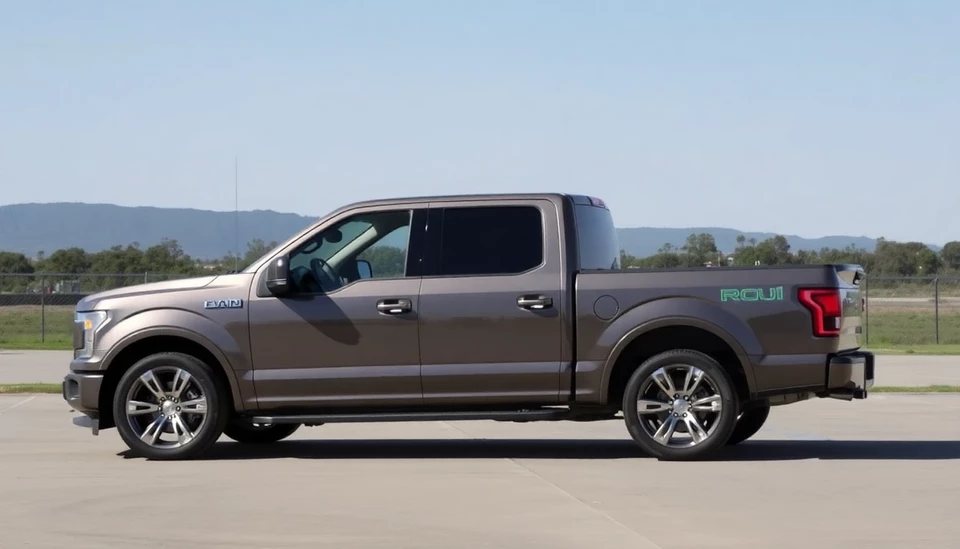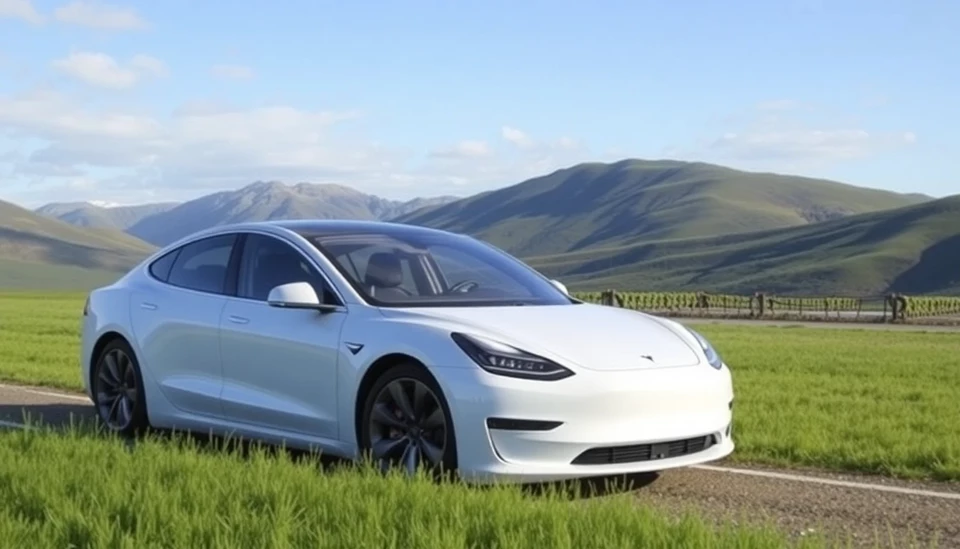
In a significant setback for Ford Motor Company, the highly anticipated F-150 Lightning electric pickup truck has fallen behind Tesla's Cybertruck in both sales and consumer interest. The competition in the electric vehicle (EV) market is heating up, with Ford facing serious challenges as it tries to capture a larger share of this growing sector. This downturn comes at a time when the auto industry is undergoing a massive transformation, transitioning from traditional fossil fuel vehicles to electric models.
Despite the company's historical strength in the truck segment, Ford's foray into electric pickups has not gone as smoothly as planned. The F-150 Lightning was launched with much fanfare and expectation, but production delays and supply chain issues have hindered its rollout. In contrast, Tesla has successfully generated excitement for its Cybertruck, leading to a surge in pre-orders, placing considerable pressure on Ford.
Analysts point to a series of factors contributing to the struggles faced by Ford's electric truck. Firstly, the impending tariffs on EV imports could add additional costs for consumers, dampening demand. In response to these tariffs, Ford is reportedly reevaluating its strategies, considering potential adjustments in pricing and production plans to remain competitive.
Moreover, the F-150 Lightning's pricing strategy has also come under scrutiny. While the initial pricing positioned it attractively compared to rivals, inflation and the rising cost of raw materials have forced Ford to contemplate price increases, which could alienate potential buyers. This is particularly concerning given that consumers are increasingly looking for more affordable EV options amid their tightening budgets.
Tesla, on the other hand, seems poised to capitalize on Ford's challenges, utilizing its high brand recognition and robust manufacturing capabilities to attract customers. The Cybertruck's unique design and innovative features have garnered rave reviews, making it a strong contender in the marketplace. Furthermore, advancements in Tesla's battery technology have led many to believe that their vehicles can provide a longer range, enhancing their appeal among environmentally conscious consumers who are also looking for efficiency.
In response to the challenges, Ford has emphasized its commitment to EVs but faces tough questions going forward about its ability to innovate and keep pace with competitors. Executives are urging a focus on building a more resilient supply chain and accelerating production timelines for the F-150 Lightning, though achieving these goals will be no simple feat in a currently challenging economic landscape.
As consumers await more concrete plans from Ford, they remain heavily invested in the outcome of this ongoing battle between traditional auto manufacturers and disrupters like Tesla. With inflationary pressures and potentially escalating tariffs, the coming months will be crucial in determining whether Ford can salvage its ambitions in the burgeoning EV market.
The stakes are high for Ford, as the demand for electric vehicles continues to rise, fueled by growing environmental concerns and a shift in consumer attitudes towards sustainability. How Ford navigates this challenging landscape will likely dictate its position in the electric pickup truck arena for the foreseeable future.
#Ford #F150Lightning #Tesla #Cybertruck #ElectricVehicles #EVMarket #AutomotiveIndustry #News
Author: Victoria Adams




